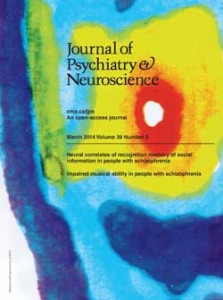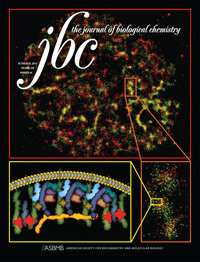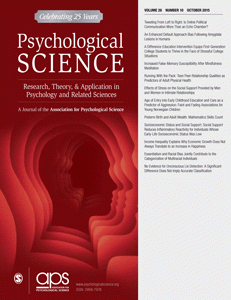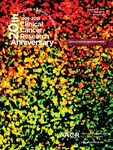 An investigation at the University of Illinois at Chicago has found “a preponderance of evidence” that a psychiatrist who has received millions of dollars in federal funding has committed misconduct.
An investigation at the University of Illinois at Chicago has found “a preponderance of evidence” that a psychiatrist who has received millions of dollars in federal funding has committed misconduct.
One paper co-authored by Mani Pavuluri, the director of the Pediatric Mood Disorders Program, has been officially retracted so far, from the Journal of Psychiatry & Neuroscience. UIC has requested that two others be retracted as well. None of the child participants in the three papers received medication as part of the research, but the Journal of Psychiatry & Neuroscience paper was pulled after the investigation found that Pavuluri had misrepresented how much medication some children had taken outside of the study.
On Tuesday, after we’d learned of the first retraction, Pavuluri told Retraction Watch that she didn’t “want mountains made out of molehills,” but admitted to “a bit of an [Institutional Review Board] infraction.”
The retraction note from the Journal of Psychiatry & Neuroscience lays the blame squarely on Pavuluri’s shoulders:
Continue reading University finds “preponderance of evidence” of misconduct by child psychiatrist



 An investigation at the University of Illinois at Chicago has found “a preponderance of evidence” that a psychiatrist who has received millions of dollars in federal funding has committed misconduct.
An investigation at the University of Illinois at Chicago has found “a preponderance of evidence” that a psychiatrist who has received millions of dollars in federal funding has committed misconduct.




